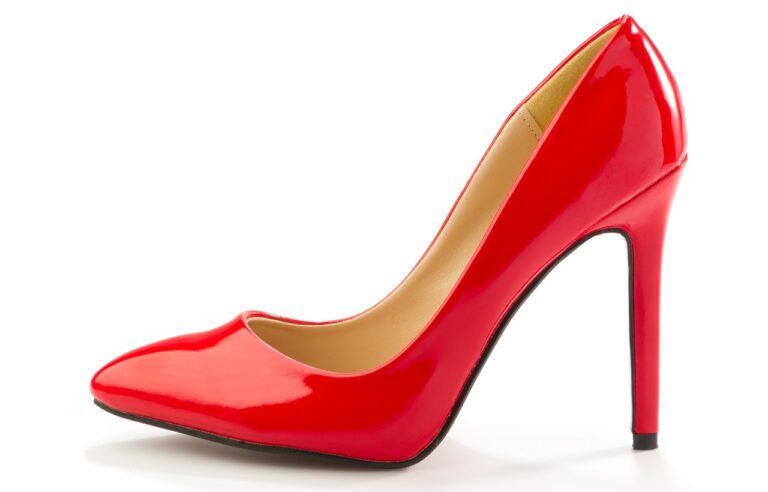The Importance of Ethical Sourcing in Fashion
Ethical sourcing in the fashion industry plays a crucial role in ensuring fair treatment and better working conditions for garment workers around the world. By incorporating ethical practices into the supply chain, brands can help prevent exploitation, forced labor, and unsafe working environments that are often associated with fast fashion production. This not only protects the rights and well-being of the workers but also contributes to creating a more sustainable and responsible fashion industry.
Moreover, ethical sourcing promotes transparency and accountability within the fashion supply chain. Consumers are becoming increasingly aware of the impact of their purchasing choices, demanding more information about where and how their clothes are made. By prioritizing ethical sourcing practices, fashion brands can build trust with their customers, showcasing their commitment to social responsibility and environmental sustainability. Investing in ethical sourcing not only benefits the workers but also enhances the brand’s reputation and competitiveness in the market.
The Impact of Unethical Practices on Workers
Unethical practices in the fashion industry can have detrimental effects on the workers involved in the production process. From exploitative working conditions to meager wages, these practices contribute to the perpetuation of a cycle of poverty and injustice. Workers are often subjected to long hours, unsafe working environments, and limited access to benefits or rights, all of which can take a toll on their physical, mental, and emotional well-being.
Moreover, the lack of transparency and accountability in supply chains makes it challenging for workers to seek recourse or demand fair treatment. In many cases, these individuals are left vulnerable to abuse and exploitation, with little to no support or protection. The failure to uphold ethical standards not only compromises the dignity and rights of workers but also erodes the integrity of the entire industry.
What are some examples of unethical practices in the fashion industry?
Some examples of unethical practices in the fashion industry include sweatshop labor, child labor, unsafe working conditions, low wages, and lack of benefits for workers.
How do unethical practices in the fashion industry impact workers?
Unethical practices in the fashion industry can have a negative impact on workers, leading to exploitation, poor working conditions, long hours, low wages, and limited opportunities for advancement.
Why does ethical sourcing matter in the fashion industry?
Ethical sourcing matters in the fashion industry because it ensures that workers are treated fairly, paid a living wage, and work in safe conditions. It also helps to promote sustainable practices and transparency in the supply chain.
What can consumers do to support ethical sourcing in the fashion industry?
Consumers can support ethical sourcing in the fashion industry by choosing to buy from brands that prioritize ethical practices, asking companies about their sourcing policies, and advocating for transparency and accountability in the industry.
How can companies improve their practices to support ethical sourcing?
Companies can improve their practices to support ethical sourcing by conducting regular audits of their supply chain, enforcing fair labor standards, providing training and support for workers, and working with suppliers who share their commitment to ethical practices.





